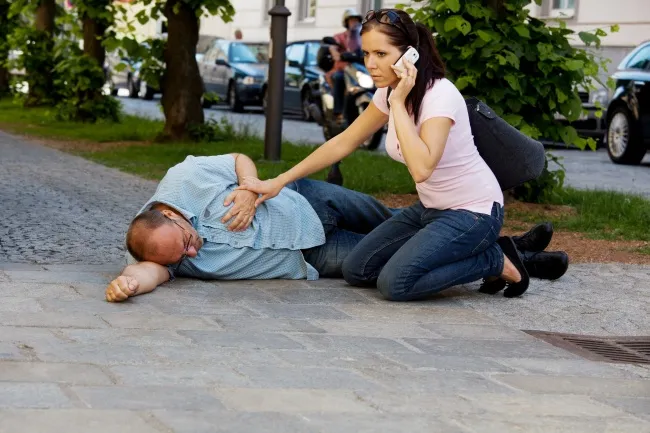Experts estimate that 20% - 30% of the hospitals beds are occupied by people with some diabetes -related ailment, and between 6.3% and 7.4% of the health expenditure is intended to prevent and treatThis disease.
“All people who receive insulin or oral hypoglycemic, whether they suffer from type 1 diabetes and type 2, can suffer from hypoglycemia events.It is estimated that between 10% and 20% of people with diabetes suffer from a year a serious hypoglycemia, which, in turn, entails a high sanitary cost: 20% -30% of hospitals beds are occupied byPeople with a diabetes -related disease, and between 6.3% and 7.4% of the health expendJiménez Díaz Foundation of Madrid, during the presentation of the “Hypoglycemia: Rocker and Control,” campaign, launched by the Federation of Spanish Diabetics (Fede), with the collaboration of Novo Nordisk.
“The main objective of this campaign is to raise awareness about the need for diabetes education, since today the treatment of this disease cannot be conceived without education in this regard;It is absolutely essential that the patient knows what to do at all times, minute by minute and day by day, and what decisions has to make in each situation.Not only is the formation of the patients themselves but also that of their relatives and the closest environment regarding what are the symptoms of hypoglycemia, how to recognize them, what are they due and how to stop them, ”said the expert.
hypoglycemia are a very frequent condition: it is estimated that among those suffering from type 1 diabetes there are 1.2 severe events per patient and year, while the incidence in type 2 isof 0.4 events (one event every two years).
“Hypoglycemia is one of the main barriers to the quality of life of the diabetic and, in addition, it carries with it a series of complications, which are more serious in the case of older people due to the issue of comorbidities.Likewise, there are studies that relate the appearance of arrhythmias and with sudden death, ”said Dr. Rovira.
Regarding the measures to be used to prevent the appearance of hypoglycemia events, the endocrinologist commented that “it is difficult to achieve the optimal balance between blood glucose control, so that it does not reach excessive blood level, and the prevention of hypoglycemia.In addition, the fear of suffering from it, especially when an episode has already been suffered, can lead to the decrease in the dose of insulin and other drugs, to neglect the glycemic control itself or to eat more than necessary.In this sense, it is essential to prevent most of the nocturnal hypoglycemic episodes, which represent 74% of the total and entail the greatest risk of deriving in a coma.There is also the risk, in the case of repetition hypoglycemia, that the patient gets used to these events to the point where they are unnoticed, a tremendously serious situation. ”
Sensitize the population
The campaign is based on the celebration of days on which people with diabetes and their relatives meet doctors specializing in this disease and representatives of patient associations to solve their doubts and receive exhaustive information about hypoglycemia and the latest developments inwhat prevention and treatment refers.
“The main objective of this campaign is to achieve the sensitization of the population regarding this problem and, also, reduce the number of hypoglycemia and contribute to the viability of the health system.This also seeks to promotemaximum self -control by patients and avoid one of the added problems that can lead to hypoglycemia: the lack of adhesion to treatment, due to the fear that many patients who have suffered an episode of this type have to be suffered from which their glucose levels descendExcessively, ”said the president of Fede, Ángel Cabrera.


